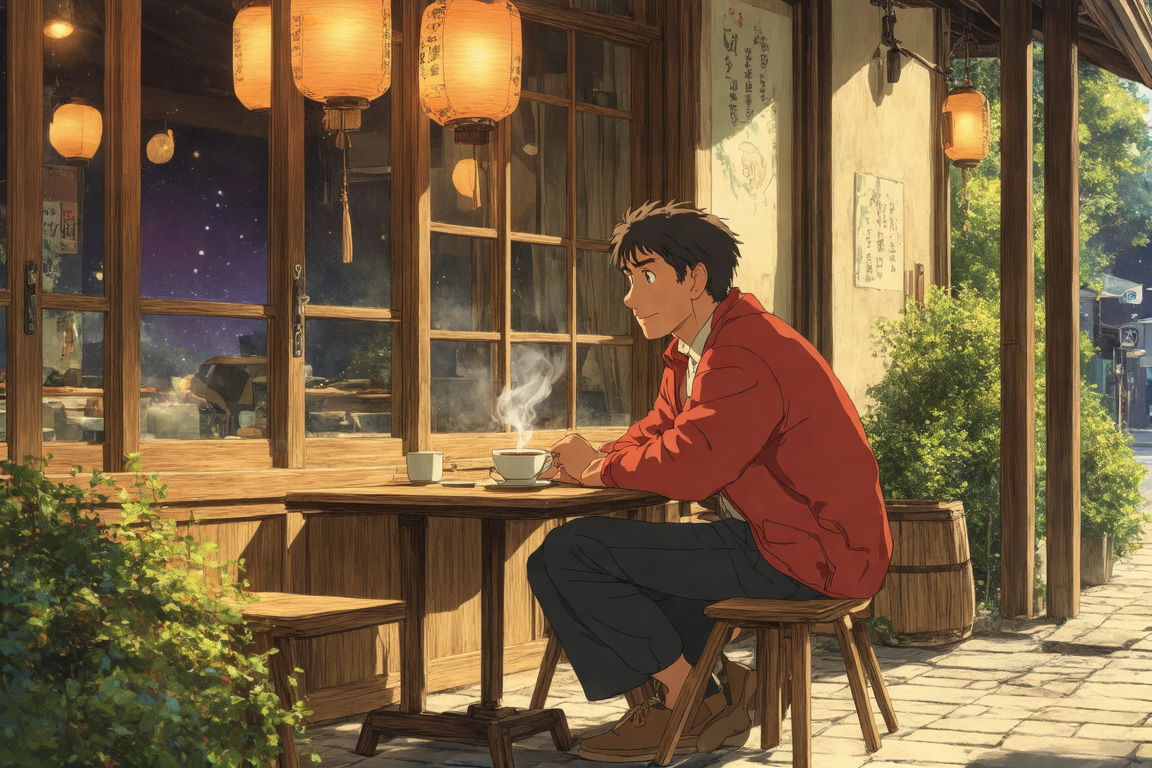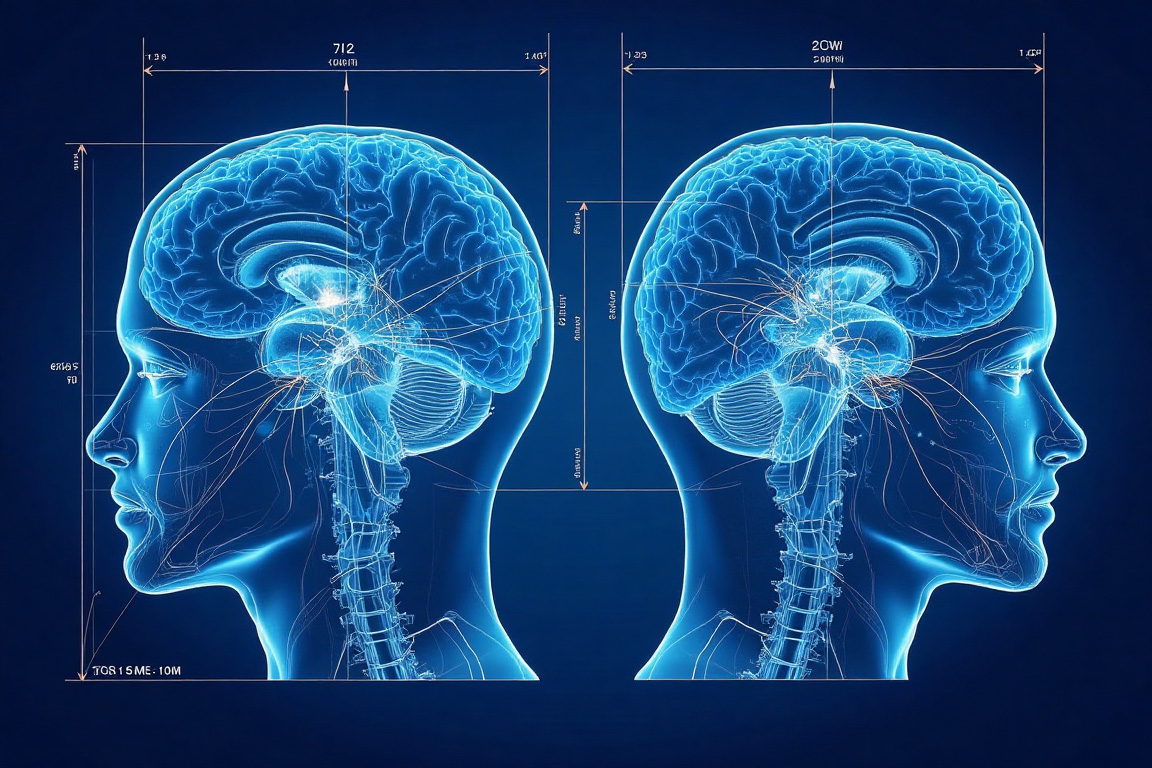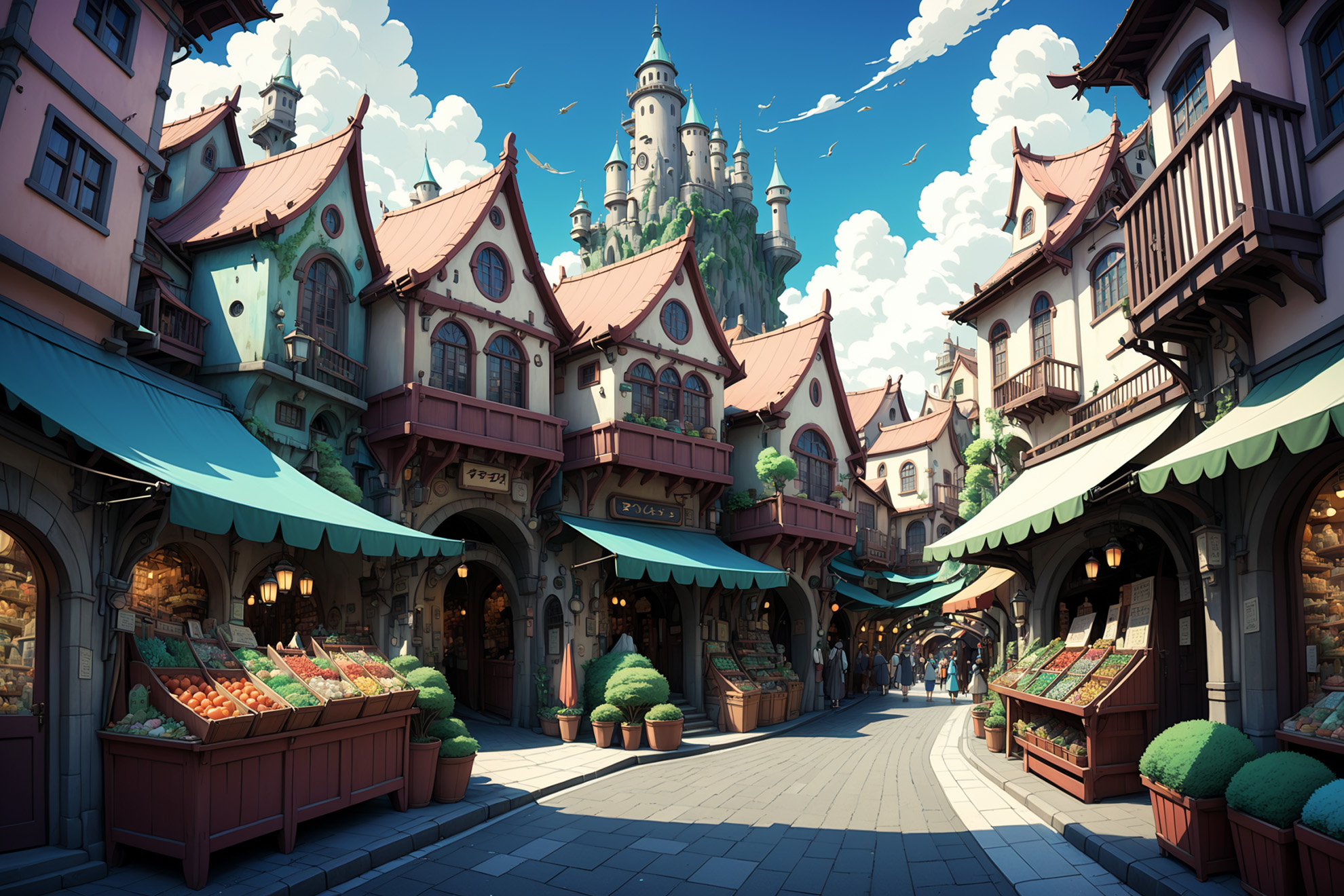AI art & copyright.
OpenAI's new GPT-4o is once more in the news, this time because new features allow users to generate images in the style of Studio Ghibli. The trend took off after OpenAI launched GPT-4o with "native image generation" capabilities, with the popularity of creating Ghibli-style images being so overwhelming that it delayed the rollout of the GPT-4o free tier according to OpenAI CEO, Sam Altman.
Users with ChatGPT Plus, Pro, or Team accounts can use GPT-4o to upload an image and prompt the AI to render it in the Ghibli style. The model, trained on various media, can generate images from text prompts or uploaded images without relying on a separate model like DALL-E 3. However, this in turn has sparked ethical and copyright concerns, with critics questioning whether OpenAI had permission to train its model on Studio Ghibli's work.

AI tools such as those offered by OpenAI make it easy to create a scene in the style of Studio Ghibli.(Image Rintrah Stock, Stable Diffusion.)
Can you copyright a style?
In the U.S., imitating a style generally is not considered copyright infringement. However, if AI reproduces specific, discernible elements of a work, it could cross the line: for example, freezing a frame from a Studio Ghibli film and finding identical elements in AI output might go beyond mere imitation.
In Japan, legal guidance is that AI-generated content mimicking literary or artistic styles does not typically harm copyright owners, as copyright law doesn't protect ideas or styles. An amendment to Japanese copyright law in 2018, article 30-4, allows companies or individuals to exploit creative works for data analysis or processing, for example by being used as training data for large language models, without requiring the authorisation of the copyright holder. In addition, the Japanese government announced in February 2025 that its new “Bill on the Promotion of Research, Development and Utilization of Artificial Intelligence-Related Technologies” (“AI Bill”) would make Japan "the most AI-friendly country in the world”.
In the USA, however, some experts argue that converting user photos to a "Ghibli-style" might lead to consumer confusion about endorsement and thus promote false advertising, potentially violating U.S. trademark law under the Lanham Act, the 1946 federal statute governing trademark law. At present, the possibility of this seems remote but individual images, as with freeze-frames from a Studio Ghibli movie, could fall foul of the Act.
A key issue is whether training AI on copyrighted works without permission constitutes infringement. Companies like OpenAI argue that it is "fair use," but numerous lawsuits such as that from the New York Times are challenging the organisation’s understanding of fair use. Japan and some other countries, such as Singapore, have AI-friendly laws allowing copyrighted works for AI training, aiming to boost investment. Despite this, both countries encourage licensing deals and copyright owner consent although lax enforcement has led some commentators to describe Japan as a “machine learning paradise”.
What is at stake?
The issue of using OpenAI's GPT-4o to generate images in the style of Studio Ghibli has significant implications for creatives, not least the ease with which AI can replicate distinct artistic styles. Artists spend years honing their skills, and AI's ability to reproduce their styles on demand can diminish the perceived value of human-crafted work.
Copyright infringement and unauthorised use of creative work have long been major concerns for creatives although, in this particular instance, the issue focuses on style rather than specific images, drawing attention to a grey area in terms of legislation and ethics. Many artists argue that AI models are trained on copyrighted material without permission, making the technology's foundation ethically questionable, although OpenAI has responded that it prevents its technology from generating material in the style of individual living artists (which would open it up to potential copyright infringements) while permitting “broader studio styles”.
At root, the story is part of a wider trend that threatens artists' livelihoods: if AI can generate art in a particular style, say critics, it undermines the market for human artists. Legal experts suggest that if, for example, Studio Ghibli wanted to launch its tool for fans, OpenAI's feature has removed that opportunity. Additionally, a significant threat is the ability to create entire projects in a recognisable style and falsely present them as authentic work. Artists such as Hayao Miyazaki view AI-generated art as an insult to their creative vision, highlighting the need for greater awareness, possible legal action, and policy changes to protect artists’ rights.
This article was co-created with AI.


